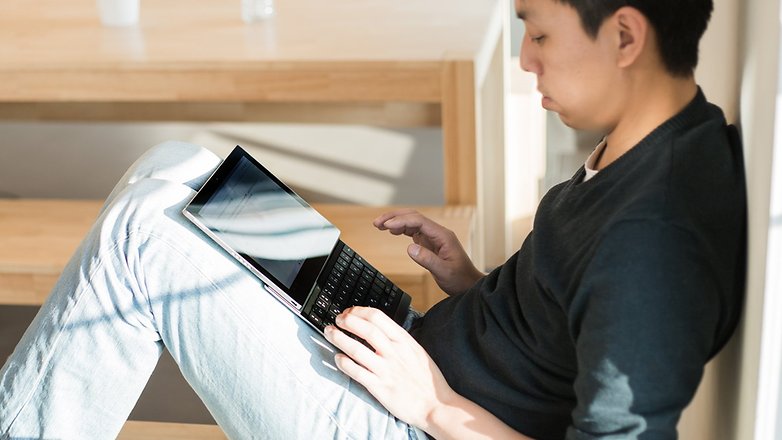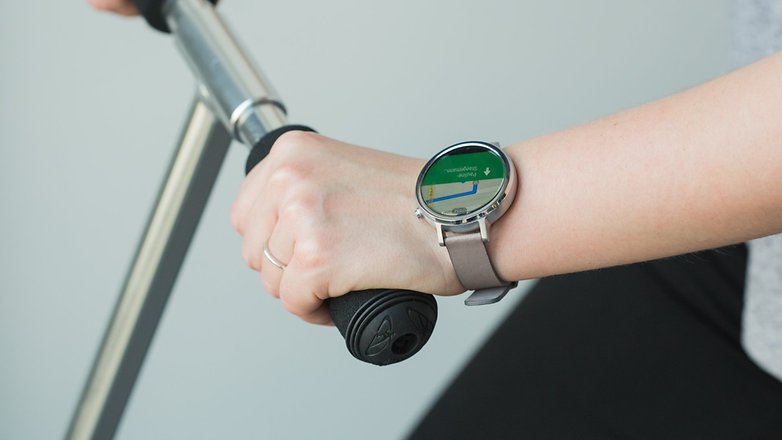Android Police – who in the last few days with exclusive material – has got all the tech-press holding its breath. In recent reports, David Ruddock has given details about the Andromeda operating system as never before and about the corresponding demo unit from the Bison project.
The resulting Pixel laptop should come out in the third quarter of 2017. It is supposed to be the first device with the Andromeda operating system. It is the result of the work of three teams: Android, Chrome OS and Pixel. The new Pixel Laptop should be more than a Chromebook and its Andromeda operating system is supposed to turn Chrome OS features into a fully functional Android system.

The Bison device should be equipped with a 12-inch display, more powerful hardware, Wacom stylus and illuminated keyboard. The Wall Street Journal wrote back in October 2015 that the main target of the new OS would be laptops, which means that the shape and size of the demo device are no surprise. Chromebooks in their present form could become obsolete with the new Andromeda devices.
Andromeda doesn’t just replace Chrome OS but also Android
In the long term, Andromeda could also become the new standard system for smartphones and thereby replace Android. That wouldn’t be so dramatic for you, as support for the Play Store remains in the new system. Andromeda offers significant advantages over Android; including seamless updates that are already part of Android Nougat or the significantly improved interface for tablets and laptops. Android boss Hiroshi Lockheimer foretells great things:
We announced the 1st version of Android 8 years ago today. I have a feeling 8 years from now we'll be talking about Oct 4, 2016.
— Hiroshi Lockheimer (@lockheimer) 24. September 2016
If Google releases a new smartphone operating system, then the cards will have to be re-shuffled. The company could negotiate new terms with smartphone manufacturers, under which they may use Andromeda. Then the mistakes made with Android could be fixed. Google could recover complete control over the software and the software fragmentation that has prevailed until now could come to an end. All software updates would come directly from Google.
For the user this would mean that the software would be identical in all devices. It would also mean that the version would always be up-to-date. In that way, all apps would work just as well on similarly-equipped devices and the latest security updates would protect as much as possible from data theft.
For the manufacturers this would mean that they can/must/need to differentiate their devices by their quality of hardware and design. Google’s Pixel devices would become the act to follow, like the Surface products from Microsoft, far too expensive but highly equipped.

Google has already shown this kind of courage with Android Wear, Android TV and Android Car. Those systems are used on smartwatches, TVs and in cars, without the manufacturers being able to modify it very much. Google seems to be able to find buyers for that kind of highly controlled software.
Whether Google can convince major manufacturers such as Samsung or Huawei to completely outsource their software development to California is doubtful. However, Lockheimer and his colleagues could oblige hardware suppliers to do so, if they bring support for Android to an end in the medium term. Andromeda could be the biggest test in Android’s history and instead of becoming the hoped for solution to the great fragmentation problem, it could become just the opposite.
Let us know what you think in the comments.
No comments:
Post a Comment